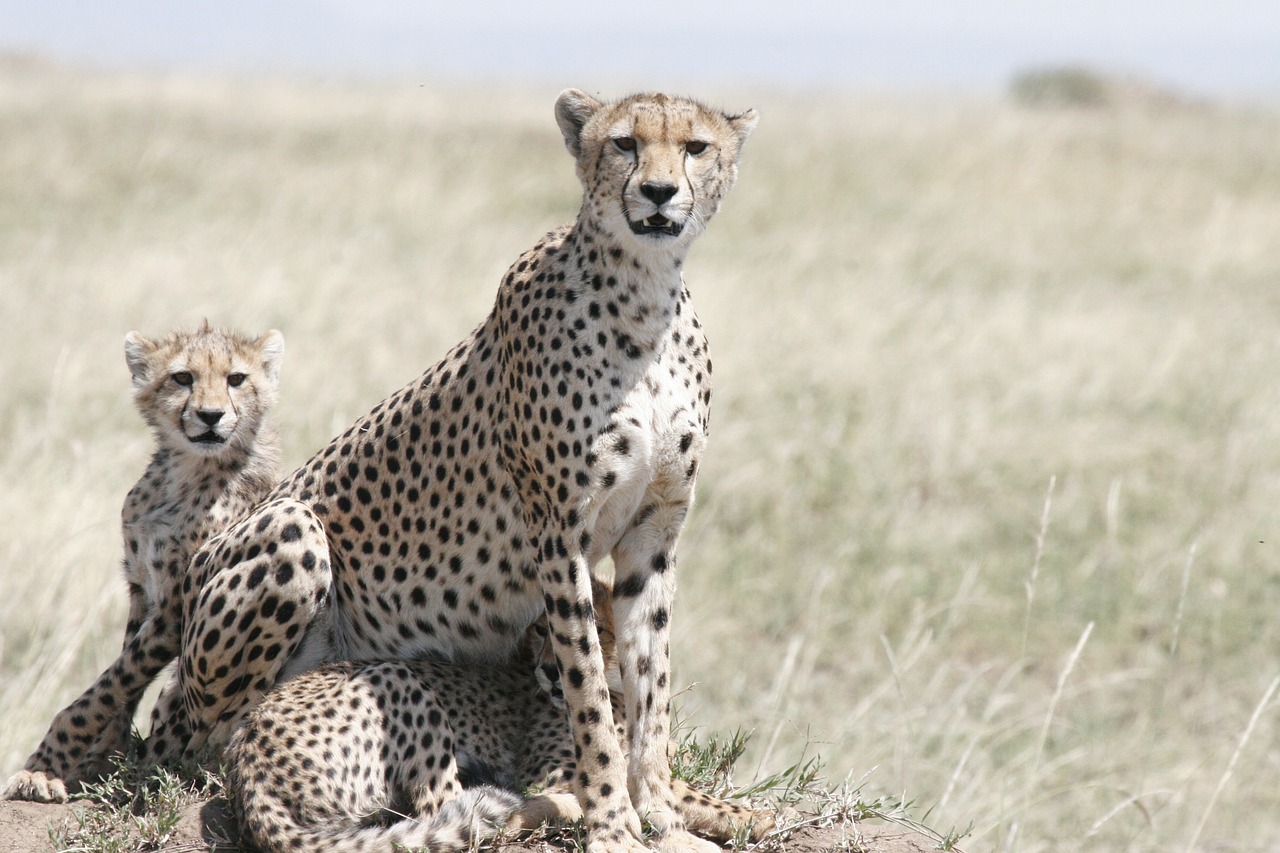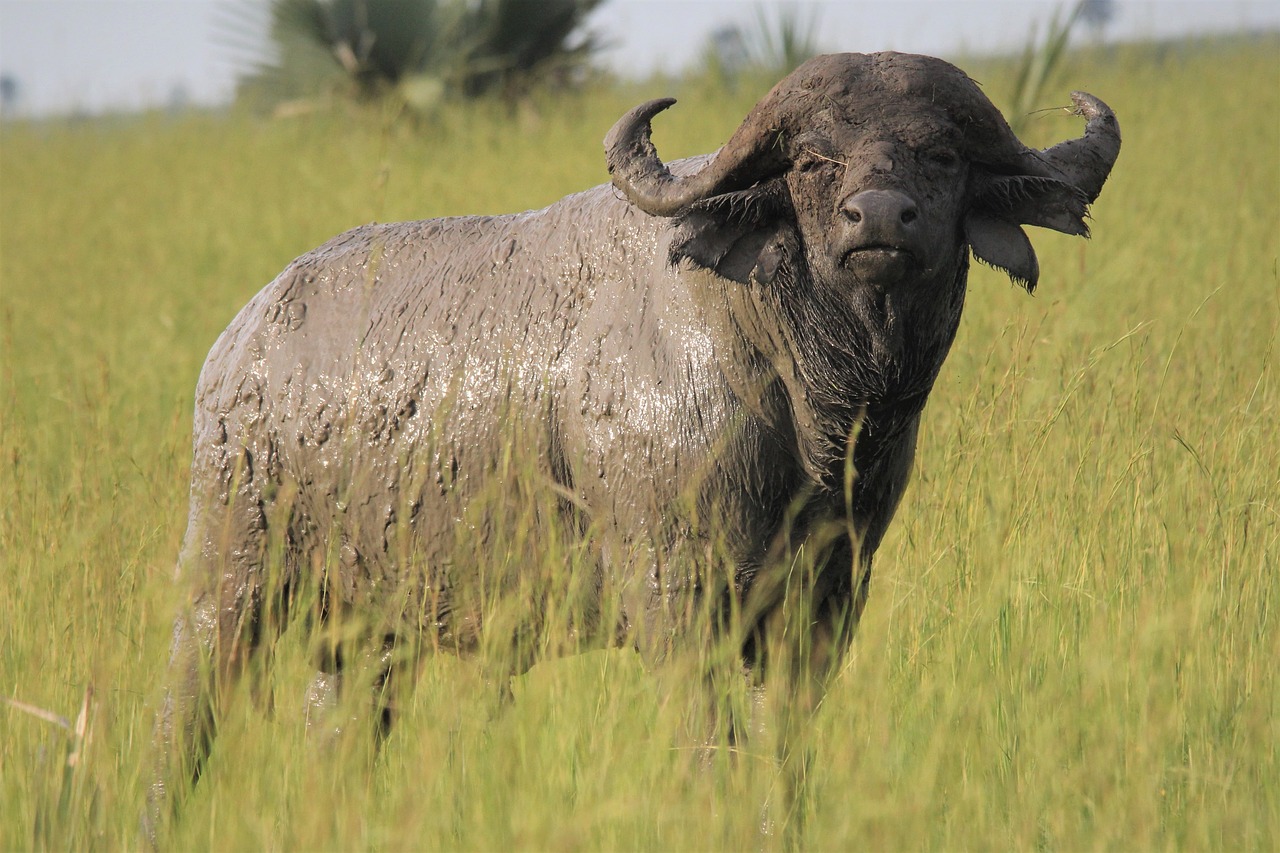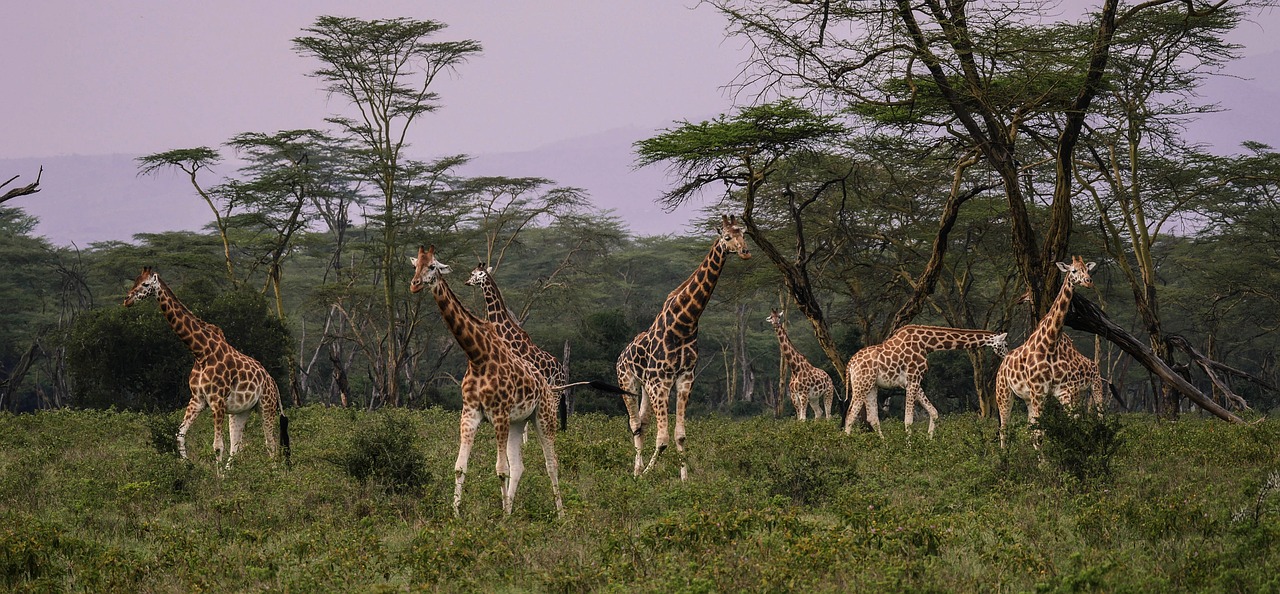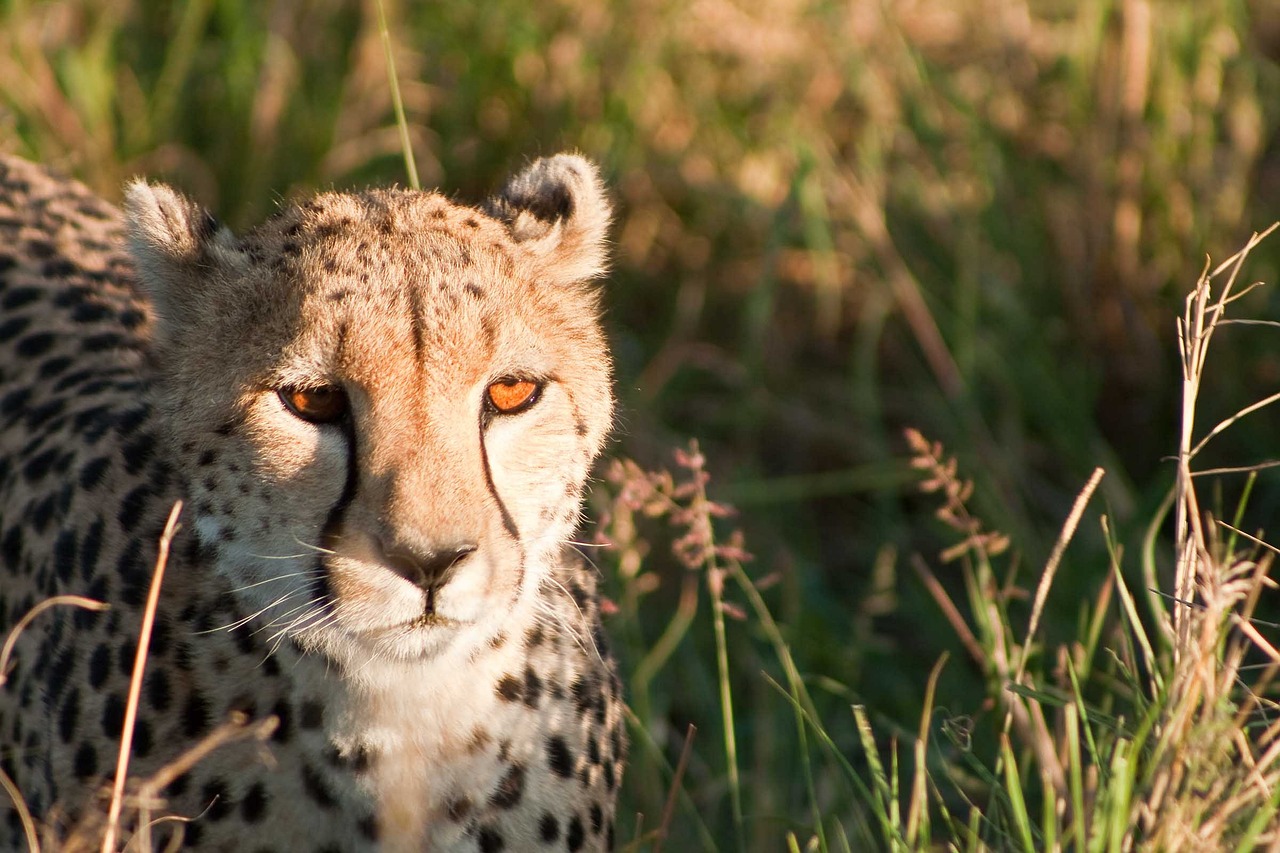Kenya Video
Local Celebrations and Holidays: What to Expect in Kenya
Kenya is a vibrant country in East Africa known for its rich cultural heritage and diverse population. The country celebrates a variety of local celebrations and holidays throughout the year. These festivities provide a unique opportunity for both locals and tourists to experience the traditions, customs, and flavors of Kenya. In this article, we will explore some of the most significant celebrations and holidays in Kenya, giving you a glimpse into the colorful tapestry of Kenyan culture.
Mashujaa Day
Mashujaa Day, also known as Heroes’ Day, is celebrated on October 20th each year. This public holiday honors the heroes and heroines who contributed to the struggle for Kenya’s independence. The day is marked by various activities, including parades, cultural performances, and speeches. Kenyans come together to celebrate the bravery and sacrifices of those who fought for the nation’s freedom.
- Parades: One of the highlights of Mashujaa Day is the grand parade held in the capital city, Nairobi. Military personnel, police officers, and various organizations march through the streets, showcasing their skills and paying tribute to the heroes.
- Cultural Performances: Traditional music, dance, and drama performances are an integral part of Mashujaa Day celebrations. Communities from different regions of Kenya come together to showcase their unique cultural heritage through vibrant performances.
- Speeches and Ceremonies: Political leaders and prominent figures deliver speeches to honor the heroes and reflect on the significance of the day. Wreaths are laid at monuments and gravesites of national heroes, symbolizing remembrance and gratitude.
Christmas
Christmas is a widely celebrated holiday in Kenya, observed on December 25th each year. Although it is rooted in Christian traditions, Christmas in Kenya has a distinct cultural flavor. The holiday brings families and communities together for joyful festivities, feasting, and religious services.
- Church Services: Many Kenyans attend Christmas Eve midnight masses or early morning church services on Christmas Day. These services are filled with music, prayers, and sermons that reflect the joyous spirit of the season.
- Decorations: Kenyan homes, streets, and public spaces are adorned with colorful decorations, including Christmas lights, wreaths, and ornaments. Nairobi’s City Park is particularly famous for its stunning Christmas displays.
- Feasting: Christmas is a time for indulging in delicious Kenyan cuisine. Families prepare special meals that often include roasted meats, pilau (spiced rice), chapati (flatbread), and a variety of traditional dishes. Ugali (maize meal) and nyama choma (grilled meat) are also popular festive treats.
- Gift Exchanges: Like in many cultures, exchanging gifts is a common tradition during Christmas in Kenya. Families and friends exchange presents as a symbol of love and appreciation.
Kenya Image 1:

Easter
Easter is a significant religious holiday celebrated by Christians worldwide, and Kenya is no exception. It commemorates the resurrection of Jesus Christ and is observed on different dates each year, usually between late March and late April. In Kenya, Easter is marked by religious services, family gatherings, and various cultural activities.
- Church Services: Kenyans attend church services throughout the Easter weekend, which includes Good Friday, Holy Saturday, and Easter Sunday. These services focus on the passion, death, and resurrection of Jesus Christ.
- Processions and Reenactments: In some parts of Kenya, particularly in the coastal region, processions and reenactments of the Stations of the Cross take place. Devotees walk through the streets, carrying crosses and reenacting scenes from the biblical story of Jesus’ crucifixion.
- Fasting and Prayer: Many Christians observe periods of fasting and intense prayer during the Lenten season leading up to Easter. This is seen as a time of repentance, reflection, and spiritual renewal.
- Family Gatherings: Easter is an occasion for families to come together and share meals. Traditional Kenyan dishes, such as mukimo (mashed potatoes with vegetables), sukuma wiki (collard greens), and mandazi (fried dough), are often enjoyed during these gatherings.
Kenya Image 2:

Madaraka Day
Madaraka Day, celebrated on June 1st each year, commemorates the day Kenya attained internal self-rule in 1963. It is a public holiday that highlights Kenya’s journey towards independence and self-governance. The day is marked by ceremonies, cultural performances, and reflections on the nation’s progress.
- Official Ceremonies: The president and other government officials participate in official ceremonies held in the capital city, Nairobi. These ceremonies include speeches, flag-raising ceremonies, military displays, and cultural performances.
- Public Celebrations: Madaraka Day is celebrated by communities across the country through cultural festivals, music concerts, and sporting events. Kenyans come together to showcase their cultural diversity and unity as a nation.
- Reflection and Gratitude: Madaraka Day is an opportunity for Kenyans to reflect on their journey as a nation and express gratitude for the freedom and self-rule they enjoy today. It is a time to honor the sacrifices made by the freedom fighters who fought for Kenya’s independence.
Hakuna Matata Festival
The Hakuna Matata Festival is a unique celebration held annually in Nairobi during the month of December. This vibrant festival aims to promote peace, unity, and cultural diversity among Kenyans. It brings together people from different backgrounds to enjoy music, dance, art, and food.
- Live Performances: The festival features live performances by local and international artists, showcasing various music genres such as Afrobeat, reggae, hip-hop, and traditional Kenyan music. Attendees can enjoy energetic performances and dance to their favorite tunes.
- Cultural Exhibitions: The Hakuna Matata Festival provides a platform for artists, artisans, and cultural performers to exhibit their talents and showcase Kenya’s rich cultural heritage. Visitors can explore traditional crafts, artwork, and fashion.
- Food and Drinks: A wide range of Kenyan and international cuisines are available at the festival. Attendees can indulge in delicious street food, traditional dishes, and refreshing beverages from various vendors.
- Interactive Workshops: The festival offers interactive workshops where participants can learn traditional dance moves, drumming techniques, and other cultural practices. It provides a hands-on experience for visitors to immerse themselves in Kenyan culture.
Kenya Image 3:

Conclusion
Kenya’s local celebrations and holidays offer a fascinating glimpse into the country’s cultural tapestry. From honoring national heroes on Mashujaa Day to celebrating the birth of Jesus during Christmas, each event showcases the traditions, customs, and vibrant spirit of Kenya. Whether you visit during Easter or attend the Hakuna Matata Festival, you are sure to be captivated by the rich cultural heritage and warm hospitality that Kenya has to offer.
References
– www.kenyachristians.com
– www.kenyaembassy.com
– www.nairobi.go.ke
– www.hakunamatatafestival.com


